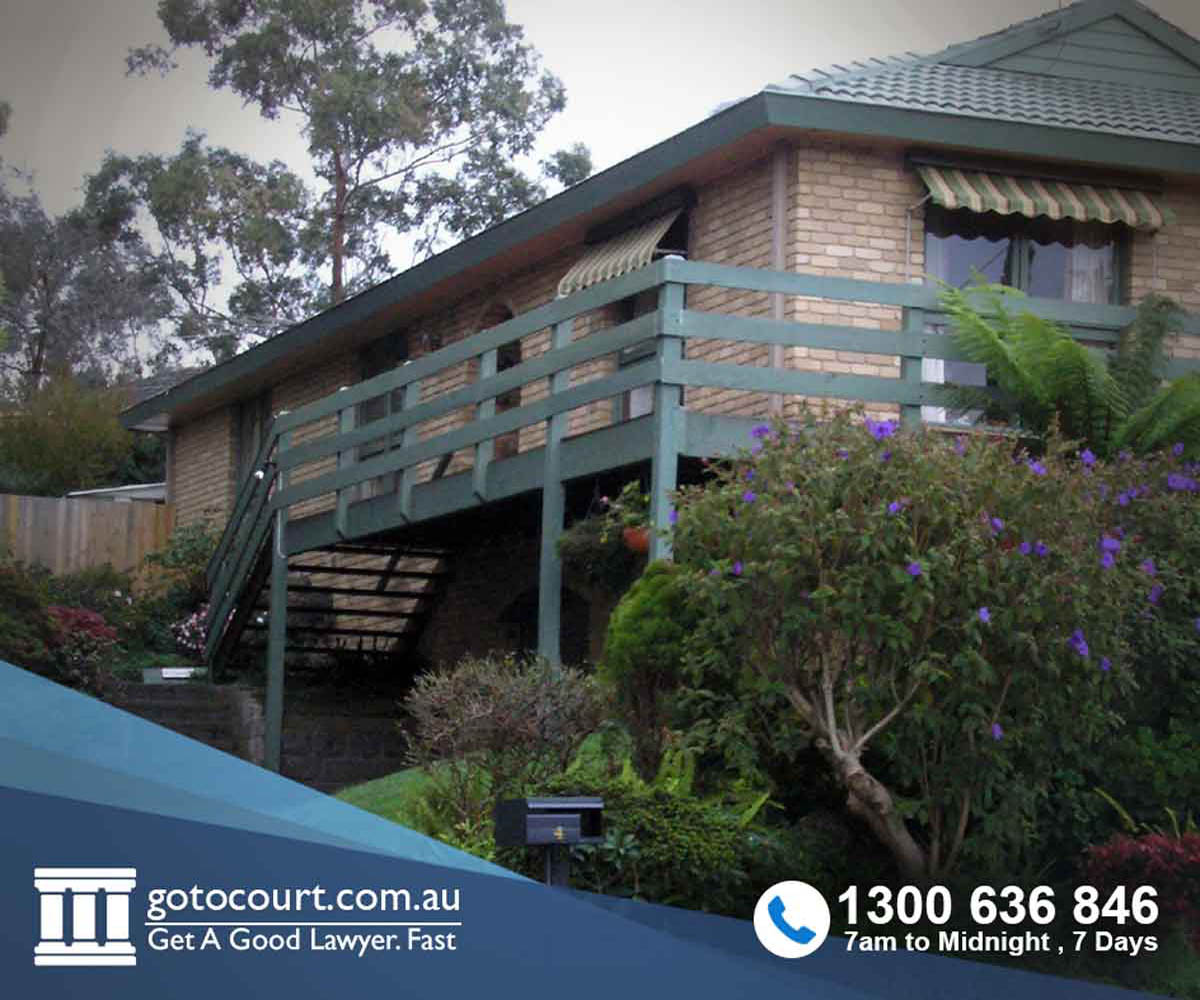Contesting a Will in Queensland (Qld)
Contesting a Will in Queensland (Qld)
Wills and estates are legislated in Queensland under the Succession Act 1981. A family member may want to contest the will of a deceased if they do not believe they have been adequately provided for. This page describes the procedures for contesting a will and the grounds on which a will can be contested.
Contesting a grant of probate
A person may contest a grant of probate if the person believes there are issues with the Will. Those issues may be:
- The Will attached to the Probate was not the last Will the deceased made;
- At the time of making the Will the deceased did not have the mental capacity to make a Will;
- After the Will was made, the deceased made changes by removing or adding in parts. If the deceased wanted to make changes to their Will, they should have made a new one.
The court will then decide whether the Will was valid and whether probate should be granted or revoked.
Contesting a Will on a point of construction
There may be issues with regards to how a Will was written and therefore confusion on how to distribute the Estate. This may lead to a family member contesting a Will.
One example of where this may occur is where a deceased refers to a gift to her ‘husband’ when in fact she left her husband years ago and was in a de-facto relationship with someone else but did not update her Will. It may be thought the gift she was leaving to her ‘husband’ was really intended to be gifted to her de-facto. Another example is where real property is described and left to each of the deceased’s children, but at the time of the death the property of one of the children was sold and a new property purchased by the deceased and the Will not updated. It may be thought the new property was intended to be gifted to the child whose property was sold.
There may be other issues with regards to the construction of parts of a Will. For example, percentages may not work out or wording may not be correct. It is recommended that a Will be prepared by a solicitor to avoid any ambiguity.
Family provision applications
Sections 40 – 44 of the Succession Act 1981 provide that courts may award part of an estate to a family member who has not been provided for or who has not been adequately provided for. This is the most common reason for contesting a Will. This is where a family member has not been provided for as they believe they should have been, and they bring an application to the court to try to change the distribution of the Will.
If a person intends to contest a Will, they must give notice to the executor/s of the Will within six months of the date of death. The contesting party must then make an application to the Supreme Court within nine months of the date of death. No applications can be made to the court after the nine-month mark unless the court grants an extension of time.
The grant of an extension is discretionary and not guaranteed. The presiding Judge must take into consideration why an application was not made within the time limit, along with the facts of the matter, and whether the Estate has already been distributed.
Where an Executor has been given notice of an intention to contest a Will, the applicant is not obliged to follow through with the application.
Who can make an application?
Only the deceased’s spouse, child, or dependent may contest a Will.
Spouses
A spouse may be a husband or wife, or a de-facto partner.
Regardless of what sex the parties to a relationship are, or whether they were together at the time of death, if the applicant has not remarried or was receiving maintenance at the time of death, their application will be considered.
A de-facto couple must have been living together on a domestic basis for two years prior to the date of death in order for the partner to be eligible to contest the will.
Children
A child is not limited to a biological child of the deceased. The provision also includes step-children, adopted children, and children born outside of the marriage or relationship.
Dependents
A dependant includes a person who is a minor, a parent of the deceased, or the other parent of a child (as defined above). The dependent must have been wholly or substantially supported or maintained by the deceased at the date of death. This support cannot be from a wage.
Family Provision Applications
The court must take into consideration whether there is a financial need by the applicant, and if so, whether the applicant was adequately provided for. The application will not be successful if the applicant was adequately provided for and instead is contesting on the grounds that the Will is not fair. If adequate provision has been made, then unfair or unjust divisions are not considered.
The court will take into consideration all the factors in the application and details of the applicant. This will include their personal details, their financial status, whether they have dependents, and their health. The court will also consider the relationship between the applicant and the deceased. It will determine whether the applicant and the deceased had a close relationship and whether the applicant contributed to the Estate in a financial or non-financial way. It will consider the size of the Estate and whether any distribution has occurred as well as whether the applicant has engaged in any conduct to disentitle them.
If a person is considering contesting a Will, it is recommended they seek legal advice. There are many factors to take into consideration before making the application and determining its success.
If you require legal advice or representation in relation to contesting a will or in any other legal matter please contact Go To Court Lawyers.

Affordable Lawyers
Our Go To Court Lawyers will assist you in all areas of law. We specialise in providing legal advice urgently – at the time when you need it most. If you need a lawyer right now, today, we can help you – no matter where you are in Australia.How It Works




1. You speak directly to a lawyer
When you call the Go To Court Legal Hotline, you will be connected directly to a lawyer, every time.

2. Get your legal situation assessed
We determine the best way forward in your legal matter, free of charge. If you want to go ahead and book a face-to-face appointment, we will connect you with a specialist in your local area.

3. We arrange everything as needed
If you want to go ahead and book a fact-to-face appointment, we will connect you with a specialist in your local area no matter where you are and even at very short notice.













